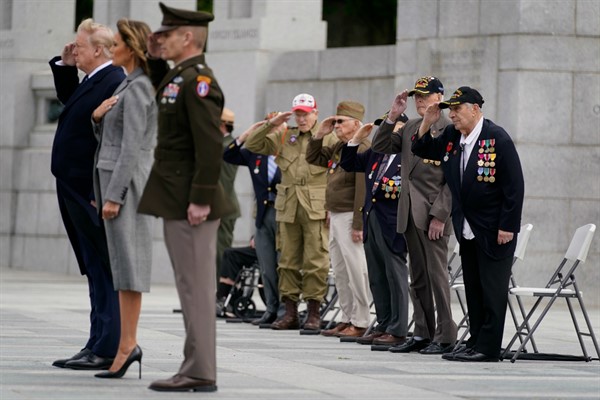On the several occasions that I’ve stayed in the town of Boulouris, on the Mediterranean coast between Marseille and Nice, I would take my morning run along a road that overlooks the beaches where Allied forces landed in August 1944 to liberate southern France. At the garage that marked the midpoint of my run, where I would turn and head back home, the road’s name changes from the Route de la Corniche to the Boulevard de la 36eme Division du Texas, a tribute to the U.S. Army division that took part in the landings.
Every time I saw the street sign, I thought back to the years I lived in Dallas, and marveled at the thought of a division of Texans fighting their way up from the water’s edge to liberate a foreign country so far from home. Of course, the young men, while from Texas, were fighting in France as Americans. That for me was part of the wonder: how broader national identity could exercise such a powerful call to action, overriding whatever narrower loyalties local identity might have bred. It had particular resonance for me, as it was young men from perhaps elsewhere in the U.S., but otherwise very similar to those of the 36th Infantry Division, who liberated the town in Belgium where my father spent the final months of the war.
Last week marked the 75th anniversary of the end of World War II in Europe. The ceremonies that did take place were subdued, occurring as they did against the backdrop of the coronavirus pandemic. But this juxtaposition of the commemorations and the pandemic also underscored the way that many world leaders have adopted the rhetoric of war to mobilize public support for the difficult and painful measures required to contain the pandemic.

